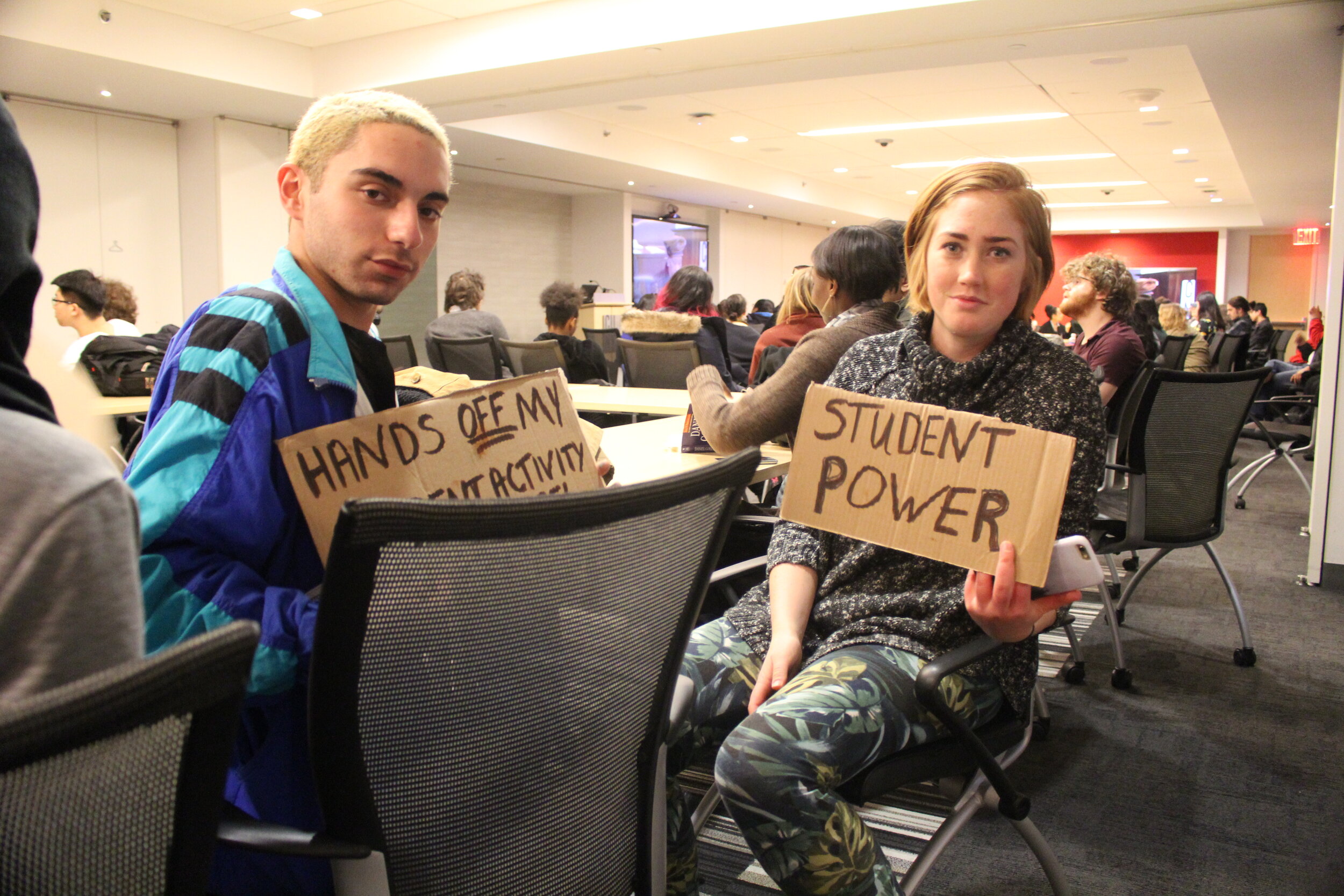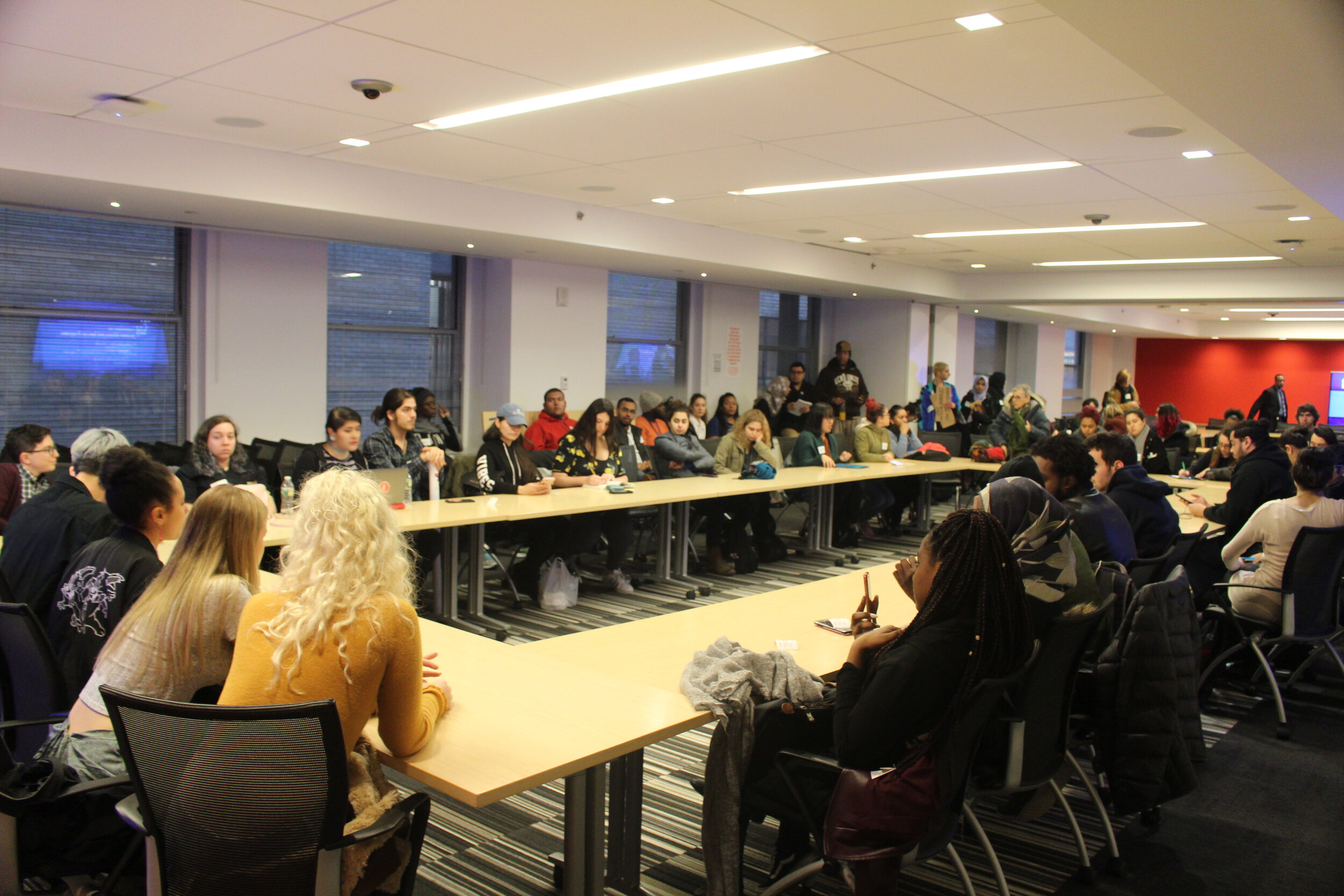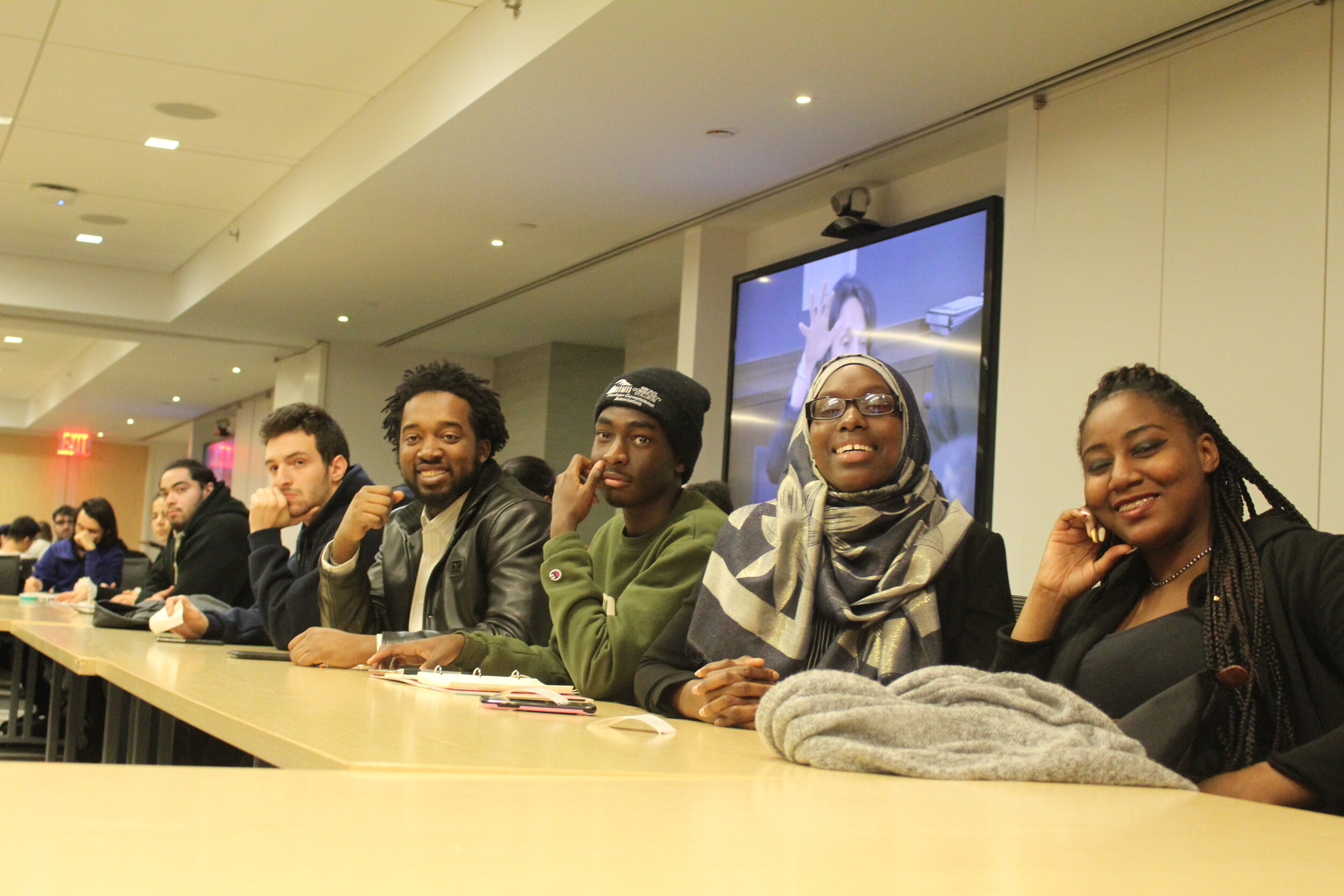Counsel Told Committee Members “Not to Inform” Students About Recommendations by Anthony Viola On February 26, The Board of Trustees of The City University of New York (CUNY) held a committee meeting to review recommendations drafted by the institution’s general counsel. Loretta Martinez, General Counsel and Vice Chancellor of Legal Affairs, determined the need for several changes in order to comply with a court settlement from November 2017. However, many of the other recommendations affected the Student Activities Fees (SAF) beyond the court agreement.Students for Life is a pro-life organization at Queens College. Members of the club filed a suit against the CUNY Board of Trustees in January 2017, after school officials rejected all requests for funding. To address concerns of unconstitutional discrimination, the court advised the board to review referendum funding as part of the settlement.Shortly after the settlement, The Committee on Student Affairs and Special Programs created a taskforce of students, staff, and faculty to devise legal changes. They arranged the February 26 meeting to address the taskforce and review Martinez’s recommendations.
On February 26, The Board of Trustees of The City University of New York (CUNY) held a committee meeting to review recommendations drafted by the institution’s general counsel. Loretta Martinez, General Counsel and Vice Chancellor of Legal Affairs, determined the need for several changes in order to comply with a court settlement from November 2017. However, many of the other recommendations affected the Student Activities Fees (SAF) beyond the court agreement.Students for Life is a pro-life organization at Queens College. Members of the club filed a suit against the CUNY Board of Trustees in January 2017, after school officials rejected all requests for funding. To address concerns of unconstitutional discrimination, the court advised the board to review referendum funding as part of the settlement.Shortly after the settlement, The Committee on Student Affairs and Special Programs created a taskforce of students, staff, and faculty to devise legal changes. They arranged the February 26 meeting to address the taskforce and review Martinez’s recommendations. Amongst the advice appeared the proposal to eliminate earmarked funding, which would limit students from voting towards consistent funding of certain organizations. The initial report read that these changes would allow “the use of referenda only to raise or lower fees versus earmarking funds.”Furthermore, the original language of the Board of Trustees’ bylaws ensured a preset allocation of SAF to student government. Yet, the current proposal states that SAF designated towards all student activities, including student government, will become determined by each institution's college association, mostly comprised of faculty and administration.These recommendations leaked to the public in advance of the meeting. Originally, the Committee was expected to vote on these recommendations. In an effort to prevent this occurrence, 77 students attended the meeting to speak their minds.Three student members of the taskforce presented at the meeting. All three of them were against the recommendations. Kawthar Abdullah, student government senator at the Borough of Manhattan Community College, shared her concern with the counsel’s actions. “When we were presented with the proposed changes, we ambitiously disagreed and were told by the legal counsel not to inform our constituents,” she announced during the meeting.John Aderounmu, Chairperson of the University Student Senate (USS), felt the proposed changes were “very drastic.” At the meeting, he stated, “anything other than [the legally required changes] would be an overextension and unnecessary.”
Amongst the advice appeared the proposal to eliminate earmarked funding, which would limit students from voting towards consistent funding of certain organizations. The initial report read that these changes would allow “the use of referenda only to raise or lower fees versus earmarking funds.”Furthermore, the original language of the Board of Trustees’ bylaws ensured a preset allocation of SAF to student government. Yet, the current proposal states that SAF designated towards all student activities, including student government, will become determined by each institution's college association, mostly comprised of faculty and administration.These recommendations leaked to the public in advance of the meeting. Originally, the Committee was expected to vote on these recommendations. In an effort to prevent this occurrence, 77 students attended the meeting to speak their minds.Three student members of the taskforce presented at the meeting. All three of them were against the recommendations. Kawthar Abdullah, student government senator at the Borough of Manhattan Community College, shared her concern with the counsel’s actions. “When we were presented with the proposed changes, we ambitiously disagreed and were told by the legal counsel not to inform our constituents,” she announced during the meeting.John Aderounmu, Chairperson of the University Student Senate (USS), felt the proposed changes were “very drastic.” At the meeting, he stated, “anything other than [the legally required changes] would be an overextension and unnecessary.” Aside from student voices, staff from several campuses shared their opinion as well. Miesha Smith, the Director of Student Life at Hunter College, believed students would have more power by implementing these changes. “Anybody can run and sit on college associations,” she mentioned. At Hunter, seven of the 13 members of the College Association are allocated to faculty and administration.According to CUNY personnel, the room where the meeting was held couldn’t occupy all attendees. Public Safety at CUNY’s Central Offices directed 77 students to a conference room on a different floor. Inside, angered students shared their concerns with each other. One student exclaimed, “They don’t even care that we’re down here.”
Aside from student voices, staff from several campuses shared their opinion as well. Miesha Smith, the Director of Student Life at Hunter College, believed students would have more power by implementing these changes. “Anybody can run and sit on college associations,” she mentioned. At Hunter, seven of the 13 members of the College Association are allocated to faculty and administration.According to CUNY personnel, the room where the meeting was held couldn’t occupy all attendees. Public Safety at CUNY’s Central Offices directed 77 students to a conference room on a different floor. Inside, angered students shared their concerns with each other. One student exclaimed, “They don’t even care that we’re down here.”
Welcome to The Campus!
We’re glad you’re here. Look through our articles to find something that interests you. If you’re interested in writing, editing, photographing, drawing, designing, or social media managing for us, contact us at thecampus@gtest.ccny.cuny.edu or come to a meeting in NAC 1/119 during club hours.

